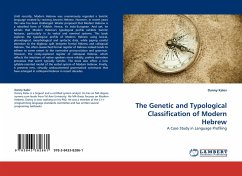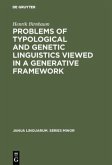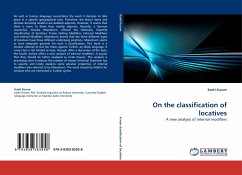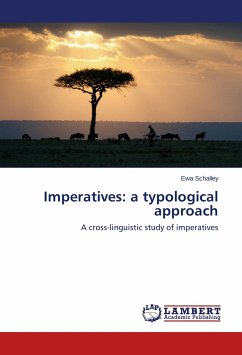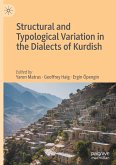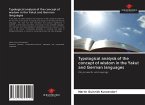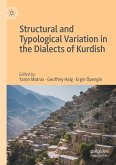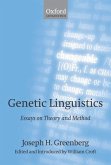Until recently, Modern Hebrew was unanimously regarded a Semitic language created by reviving Ancient Hebrew. However, in recent years this view has been challenged. Wexler proposed that Modern Hebrew is a relexified form of Yiddish. Hence, it's Indo-European. And yet, he admits that Modern Hebrew's typological profile exhibits Semitic features, particularly in its verbal and nominal systems. This book explores the typological profile of Modern Hebrew using lexical, phonological, morphological and syntactic data, while paying careful attention to the diglossic split between formal Hebrew and colloquial Hebrew. The often-researched formal register of Hebrew indeed tends to adhere to some extent to the normative pronunciation and grammar. However, the rarely-explored register of colloquial Hebrew, which reflects the intuitions of native speakers more reliably, prefers derivation processes that aren't typically Semitic. The book also offers a new syllable-oriented model of the verbal system of Modern Hebrew. Finally, it presents new, virtually undocumented grammatical constructs that have emerged in colloquial Hebrew in recent decades.
Bitte wählen Sie Ihr Anliegen aus.
Rechnungen
Retourenschein anfordern
Bestellstatus
Storno

